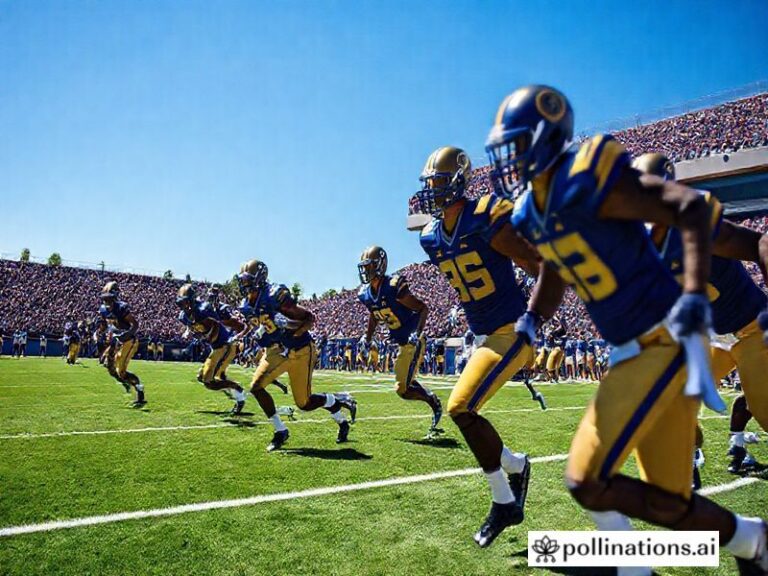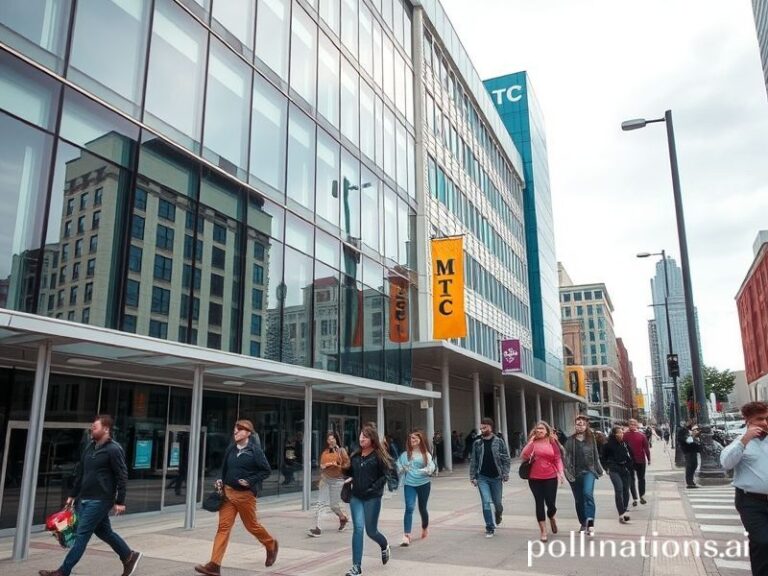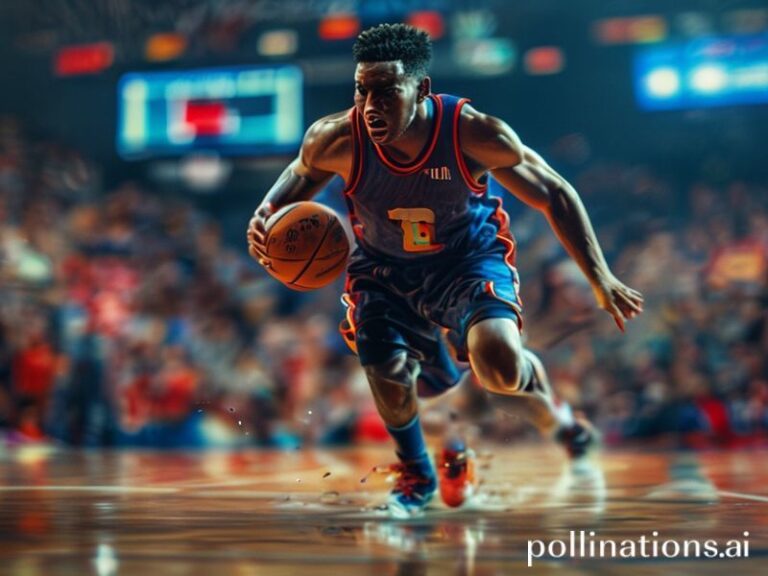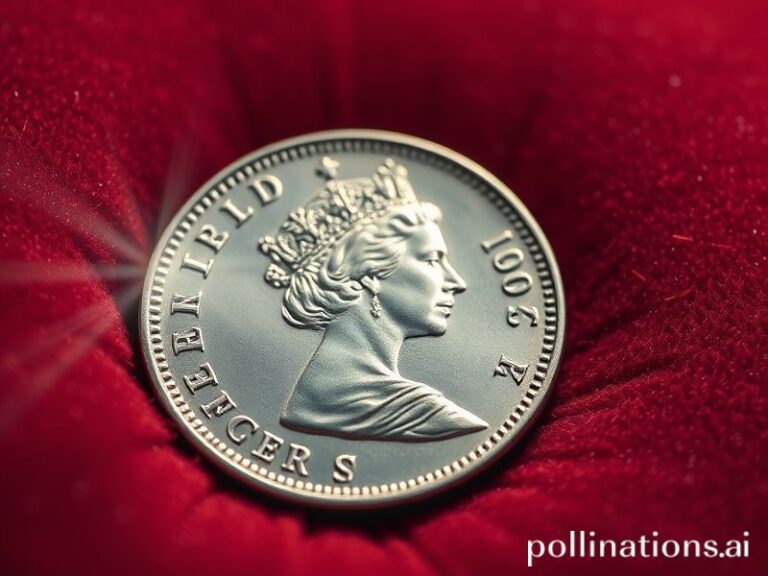Ivy League Fever: Why the World’s Suddenly Obsessed with Elite Education
# **Ivy League Fever: Why the World’s Suddenly Obsessed with Elite Education**
In a world where memes reign supreme and attention spans are shorter than a goldfish’s memory, you might wonder why “Ivy League” is suddenly trending globally. Is it because everyone’s suddenly craving a leafy, vine-covered education? Or has the internet collectively decided that only the crème de la crème of academia is worth discussing? Let’s dive in and unpack this trend, because, let’s face it, we all love a good prestige flex.
## **The Cultural Context: Ivy League as a Status Symbol**
The Ivy League isn’t just a group of eight prestigious universities in the U.S.—it’s a cultural phenomenon. These schools—Brown, Columbia, Cornell, Dartmouth, Harvard, Penn, Princeton, and Yale—have been synonymous with elite education, wealth, and influence since the early 20th century. But why is the term “Ivy League” suddenly everywhere?
For starters, the internet loves a good hierarchy. Whether it’s ranking fast-food chains, streaming platforms, or even potato chips, we thrive on competition. The Ivy League provides a ready-made ranking system for education, making it easy to flex (or envy) academic achievements. Plus, with the rise of social media, people love to showcase their affiliations—whether it’s a subtle “Harvard” mention in a LinkedIn bio or a full-blown Instagram post about their Princeton acceptance.
## **Social Impact: The Ivy League Effect on Global Aspirations**
The Ivy League trend isn’t just about bragging rights—it’s also about aspiration. In an increasingly globalized world, where education is seen as the key to success, the Ivy League represents the pinnacle of academic achievement. Students from all over the world dream of attending these schools, not just for the education, but for the network, the prestige, and the sheer bragging rights.
But here’s the twist: the Ivy League trend has also sparked a backlash. Critics argue that the obsession with elite education perpetuates inequality, reinforcing the idea that only a select few can achieve greatness. Memes and TikTok videos mocking Ivy League students for being out of touch or overly privileged have gone viral, showing that the trend isn’t all sunshine and roses.
## **Why It’s Significant: The Ivy League as a Cultural Mirror**
The Ivy League trend is significant because it reflects broader societal values. It shows how education, status, and social mobility are intertwined in the modern world. It also highlights the power of the internet to amplify trends, turning niche topics into global conversations.
Moreover, the Ivy League trend has sparked important discussions about access to education, privilege, and the role of elite institutions in society. It’s a reminder that while the Ivy League may be a symbol of success, it’s also a symbol of the barriers that many people face in achieving their dreams.
## **Conclusion: The Ivy League Isn’t Just a Trend—It’s a Cultural Phenomenon**
So, why is “Ivy League” trending globally? Because it’s more than just a group of schools—it’s a cultural shorthand for success, prestige, and aspiration. It’s a symbol of what society values, and a reminder of the barriers that still exist. Whether you’re dreaming of attending an Ivy League school or mocking its students on TikTok, the trend shows that the Ivy League is here to stay—and it’s not just a trend, it’s a cultural mirror.
—







